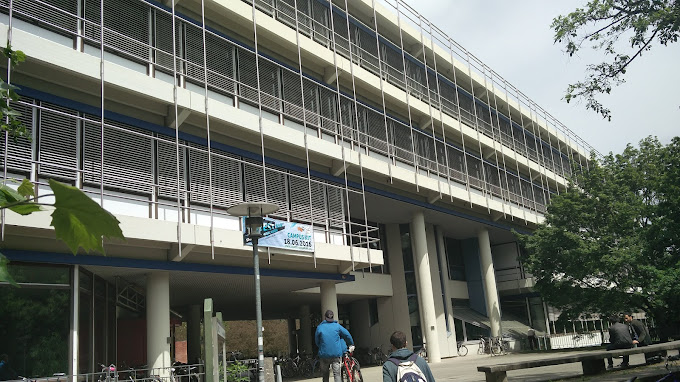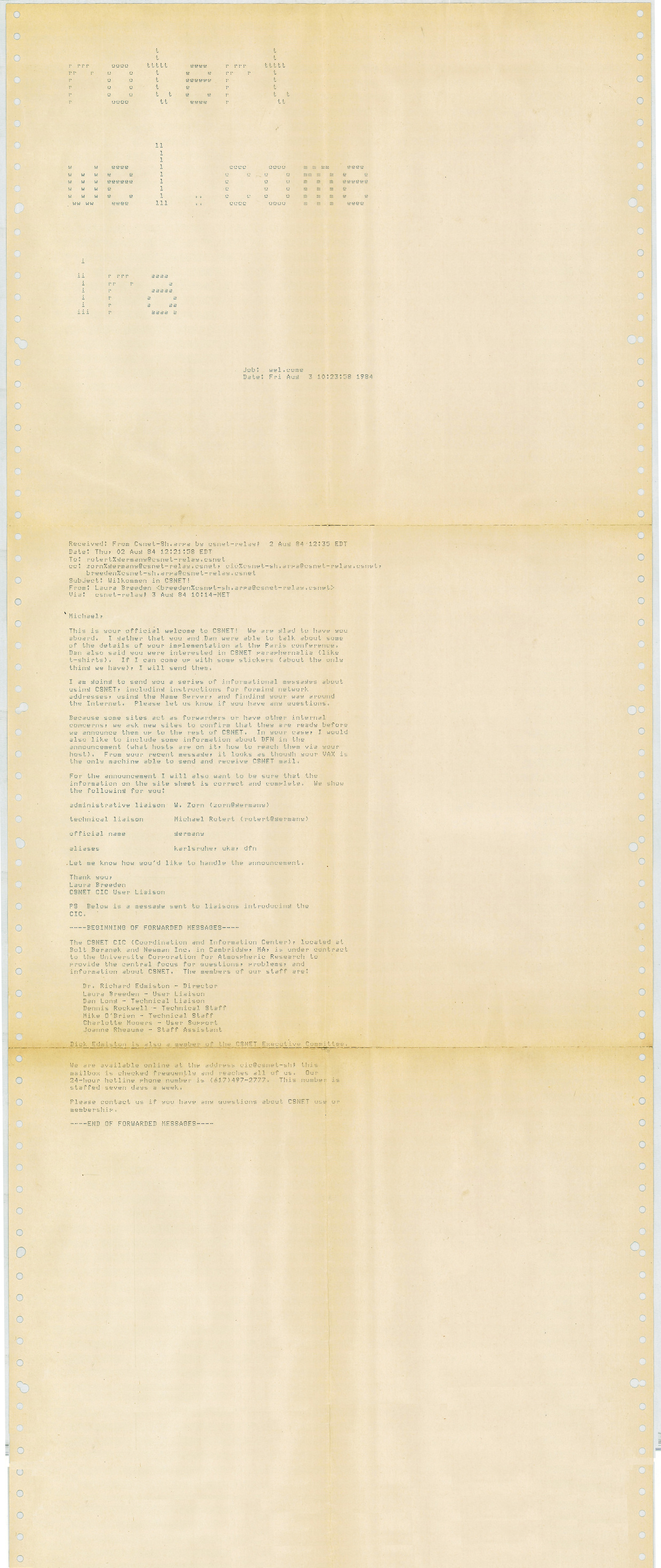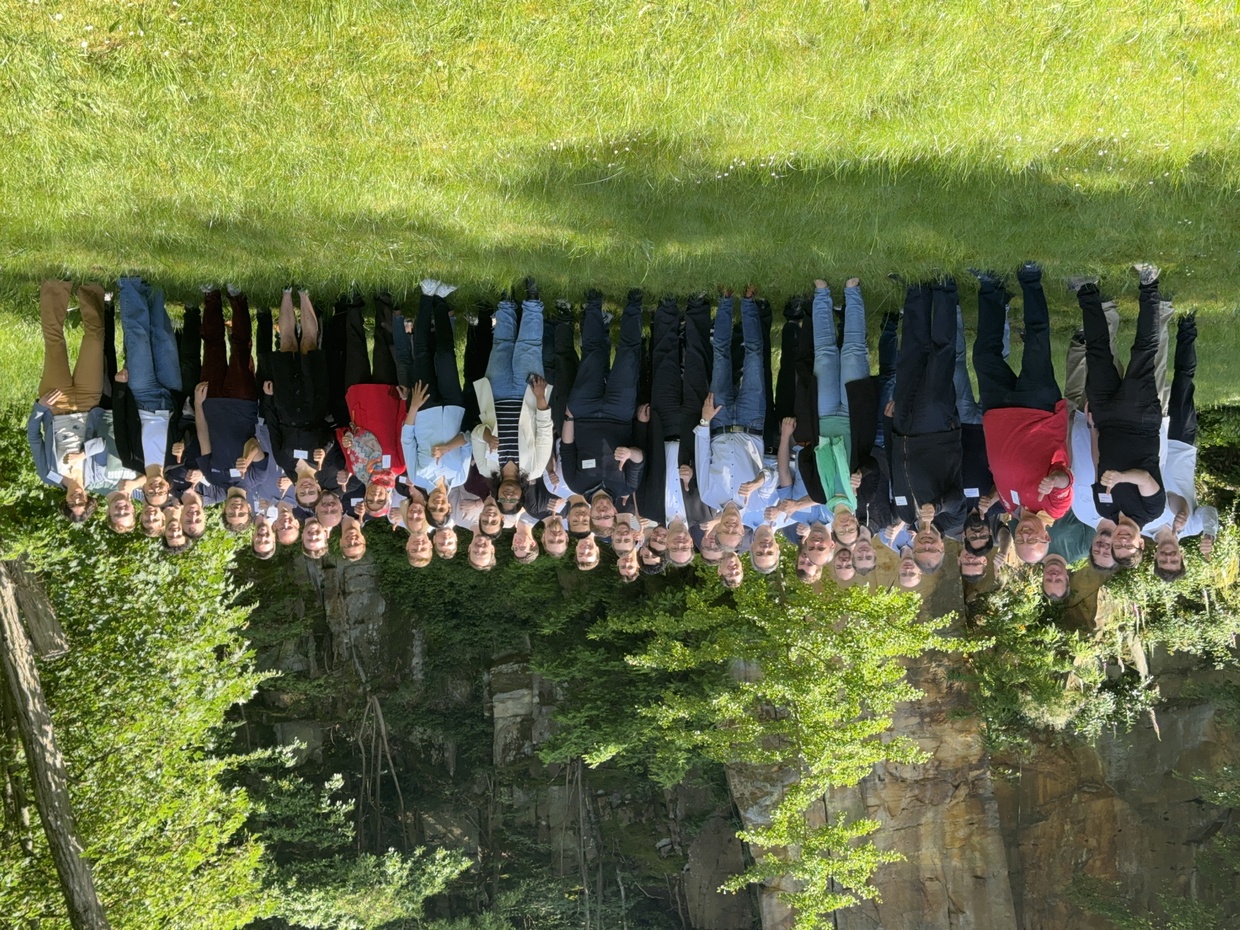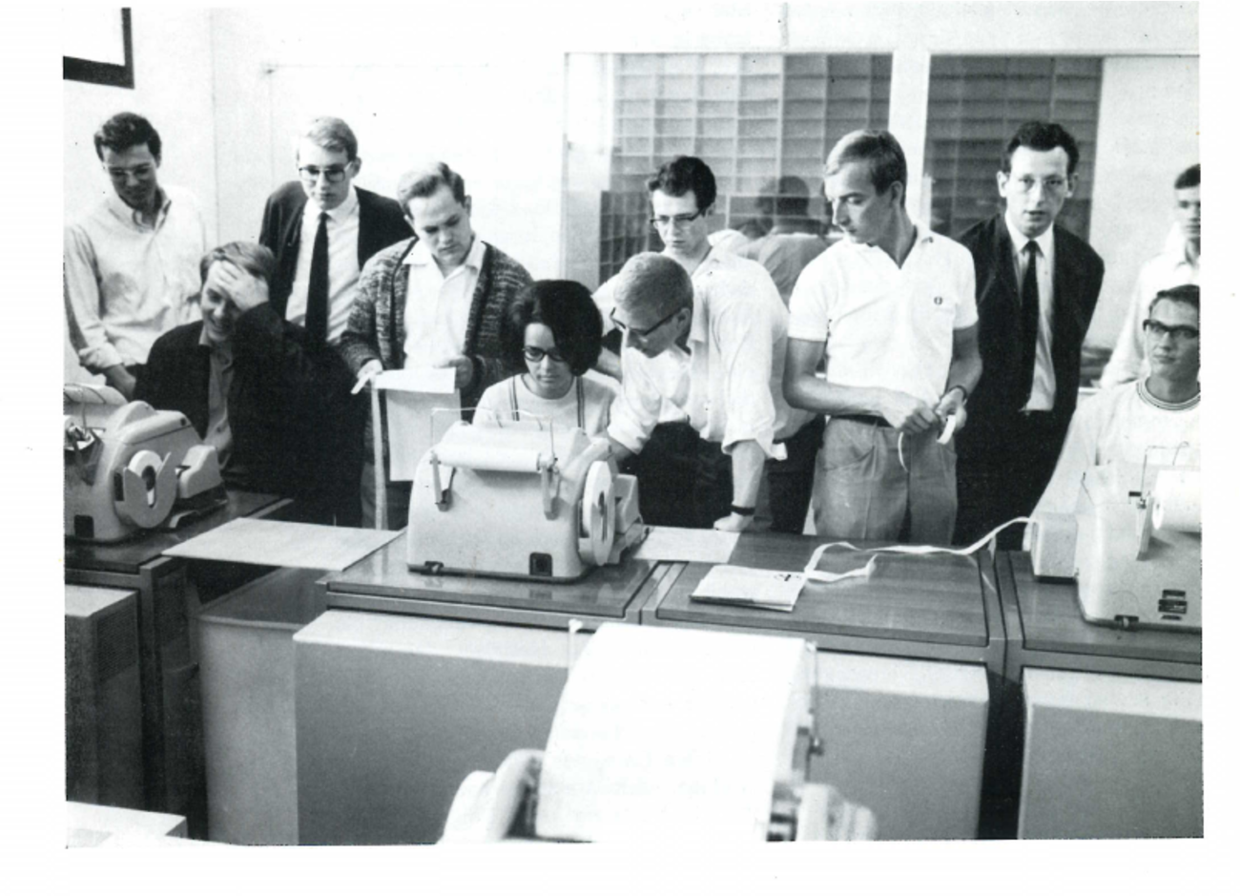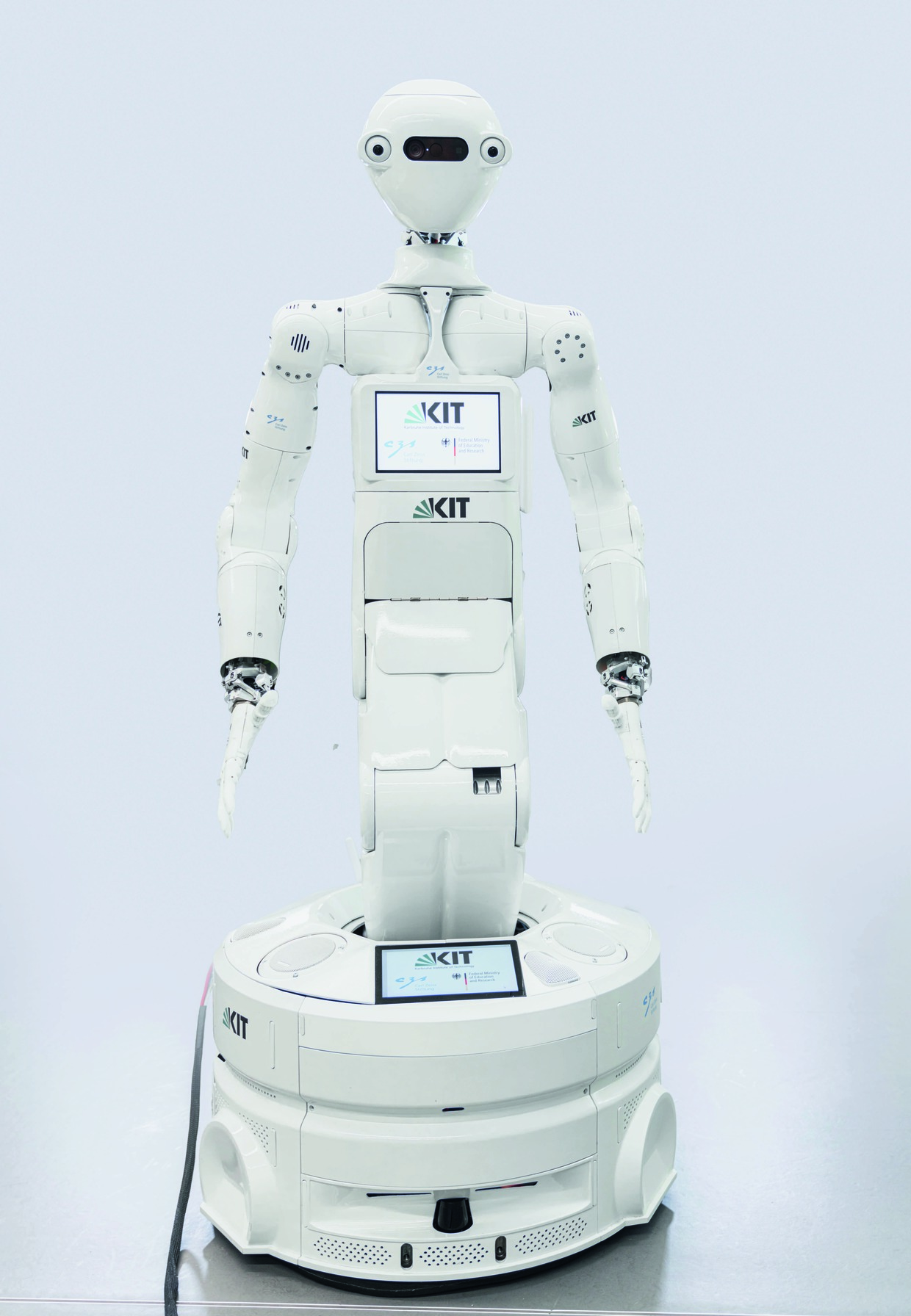Faculty of Computer Science
Founded in 1972
Institutes 8
Professorships 47
Students 3,550
Degree programs 8
Further information can be found here.
Important invention within the faculty
The digitalization of communication was promoted early on in Karlsruhe, which led to the founding of the first Institute for Telematics in 1982 and the connection of Germany to the CSNET in 1984, the foundation stone for the reception of the first German Internet e-mail.
An outstanding current project example
The DFG Collaborative Research Center 1608 "Convide", established in 2023, develops methods to ensure the consistency, reliability, flexibility and adaptability of these systems. Researchers from the Technical Universities of Dresden and Munich and the University of Mannheim are also involved, with KIT as spokesperson. In addition to the KIT Faculty of Computer Science, the KIT Faculties of Electrical Engineering and Information Technology and Mechanical Engineering are also part of the CRC.

Historical first picture concerning the faculty
At the end of the 1950s, the development of computer science began at the Institute of Applied Mathematics, where electronic calculators were developed, and at the Institute of Communications Processing and Communications Transmission with programming training on the ER 56 computer. In 1966, an institutionalized computer center was established, followed by the introduction of the computer science degree course in 1969, before the first Faculty of Computer Science in Germany was founded in 1972.

